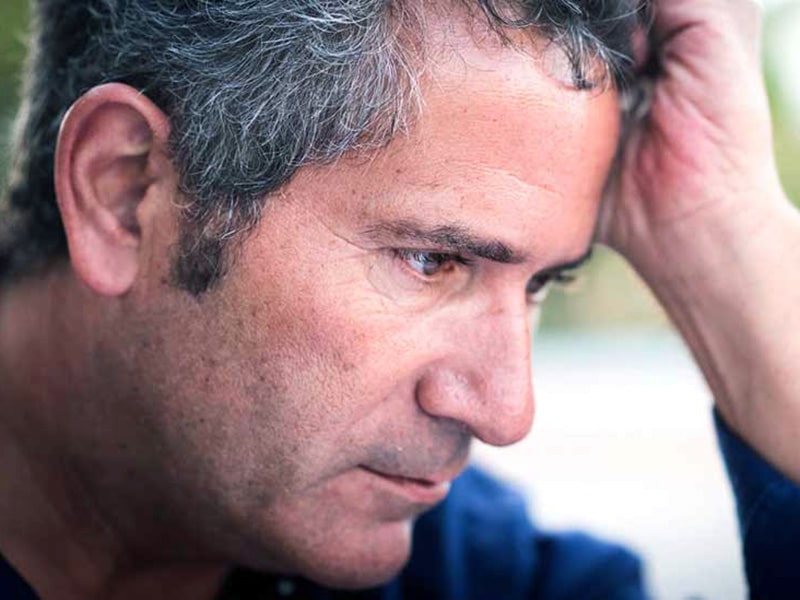Identifying Neurotic Responsibility – Episode 86
Robert and Dave dive right into this week’s episode with something Robert likes to call, Neurotic Responsibility. This term refers to someone who takes on the problems around them more than is rationally warranted. It occurs when your partner is upset and you focus mostly on what you might have done to cause it, even though you already have likely admitted it outwardly and inwardly feel guilty, inadequate, and critical of yourself. Read More . . .




